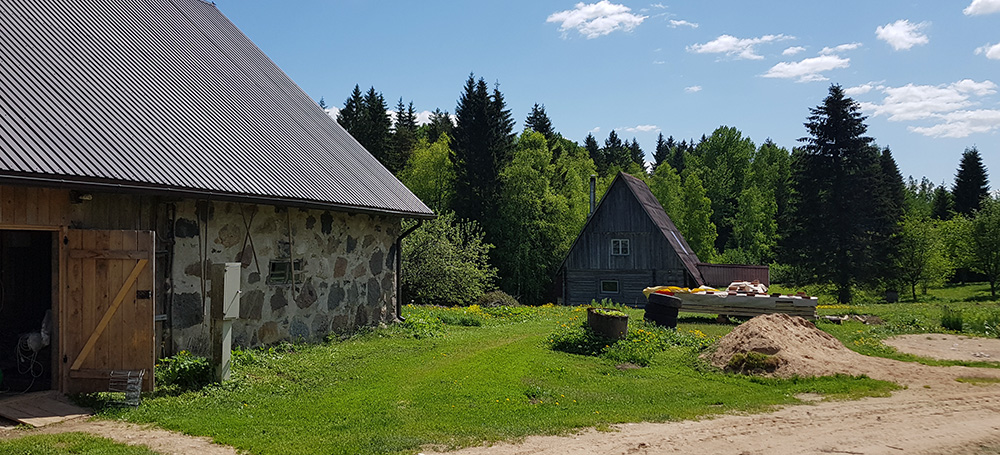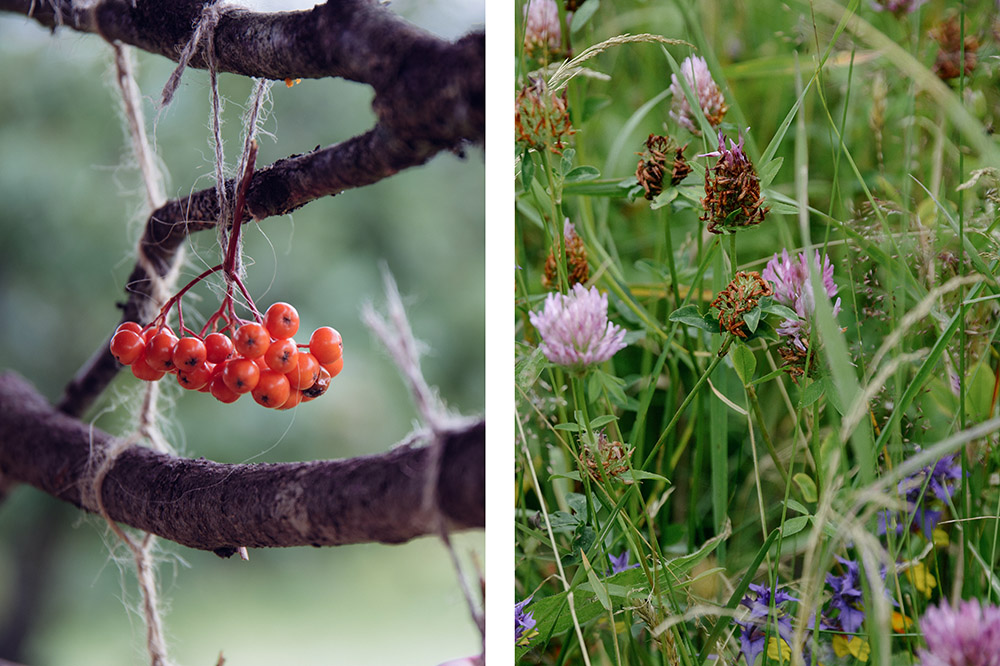Silent meditation techniques are used to calm the mind and enhance concentration. Often referred to as Vipassana - which means viewing things just as they are - this type of meditation can be both extremely challenging and rewarding. Retreating from vocal communication, technology, and even eye contact, requires a great deal of commitment and mental strength. However, it can also be a profound and life-changing experience.
The Silent Meditation Forest Cabins is a collaboration with Ozolini Teamakers, run by Brigita and Dima Lukini from Riga, Latvia. Drawing on generations of knowledge and experience with herbs and tea-making, the couple create mixtures of herbal teas for everyday life to offer to city-dwellers. With millennials beginning to find their way back to the countryside and craving a connection to nature, Ozolini is opening its doors to the like-minded individuals who look to reflect on their own experiences through meditation and retreat into the wilderness.
Ozolini Teamakers household;
The tea is collected and created in a certified organic farm;
The architecture competition participants are asked to create designs for a cabin that could be replicated in any number of spots throughout the forest. The cabin’s main purpose is to help guests enjoy silent meditation, where the only sounds they would hear would be the sounds of nature. The silent meditation cabins would need to be able to accommodate just a single person, and offer them basic and humble living conditions.

Ozolini ancient woodlands; Lake Bezdibene;
With architecture competition winners being put forward for consideration for construction, designs for the the Silent Meditation Forest Cabins should focus on eco-friendly and cost-effective building techniques. As Latvia has a reputation as one of Europe’s greenest countries, the structure should have the potential to become a regional example of green building practice.
Download full competition brief for more information!
ELIGIBILITY:
Competition is open to all. No professional qualification is required. Design proposals can be developed individually or by teams (4 team members maximum).
LANGUAGE:
- Correspondence with organizers must be conducted in English.
- All information submitted by participants must be in English.

Competitions
Resources
GET INSPIRED
- Buildner
- Architecture competitions
- Silent Meditation Forest Cabins
International Architecture Competition












